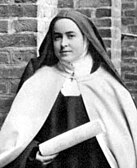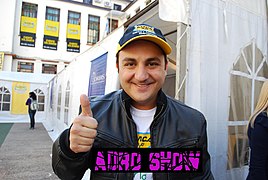Design
Design
Personality
Chart Properties
Your Cross represents the specific theme of your life. This cross embodies your unique potential & the lessons you're here to learn, providing a roadmap to fulfilling your life purpose.
We use the UTC birth time and date to do the calculations required to generate your Human Design chart.
Buy Tokens
Pay as you use, no expiry and no subscription required.Prompt Ideas
Get inspired with some epic prompt ideas.Edwin Morgan's Biography
Scottish poet, said to be the greatest contemporary poet of today; self-proclaimed as gay at age 70. Throughout his prolific career, Morgan published numerous volumes of poetry as well as collections of essays. One of the best known, and certainly the largest, is his “Collected Poems,” 1990.
Soon after his birth, Morgan’s family moved to Rutherglen. His father was a clerk who provided a comfortable lifestyle for his family. At an early age, it was evident to everyone that Morgan was fascinated by, and passionate about, words and languages. After graduating from high school, he enrolled at Glasgow University in 1937. Three years later he interrupted his studies there to join the Royal Army Medical Corps. He spent his service time in the Middle East before returning to complete his education in 1946. He graduated in 1947 with a First Class Honours Degree. He turned down a scholarship to Oxford, instead taking a position as a lecturer at Glasgow. He was an outstandingly popular teacher, lively and focused on what his students were doing.
An adept linguist, particularly in Russian, French, German, Spanish, Italian, Portuguese and Hungarian, Morgan spent much time translating Mayakovsky, Racine and Neruda into his native language. Always curious and open-minded, Morgan’s work is known for its great variety of style, form and subject. His exhilarating energy, inventiveness and acceptance of change are evident in his poetry, and the title of his 1973 collection, “From Glasgow to Saturn,” describes his wide-ranging subject matter quite well.
In 1980, Morgan took an early retirement although he continued to work as a visiting professor at Strathclyde and the University of Wales until 1995. He was officially named Glasgow’s first Poet Laureate in the fall of 1999, and in 2000, he was awarded the Queen’s Gold Medal for Poetry. In addition, for his work on “Phaedra,” Morgan received the prestigious Weidenfeld Prize for Translation.
Link to Wikipedia biography
Your Cross represents the specific theme of your life. This cross embodies your unique potential & the lessons you're here to learn, providing a roadmap to fulfilling your life purpose.
We use the UTC birth time and date to do the calculations required to generate your Human Design chart.






